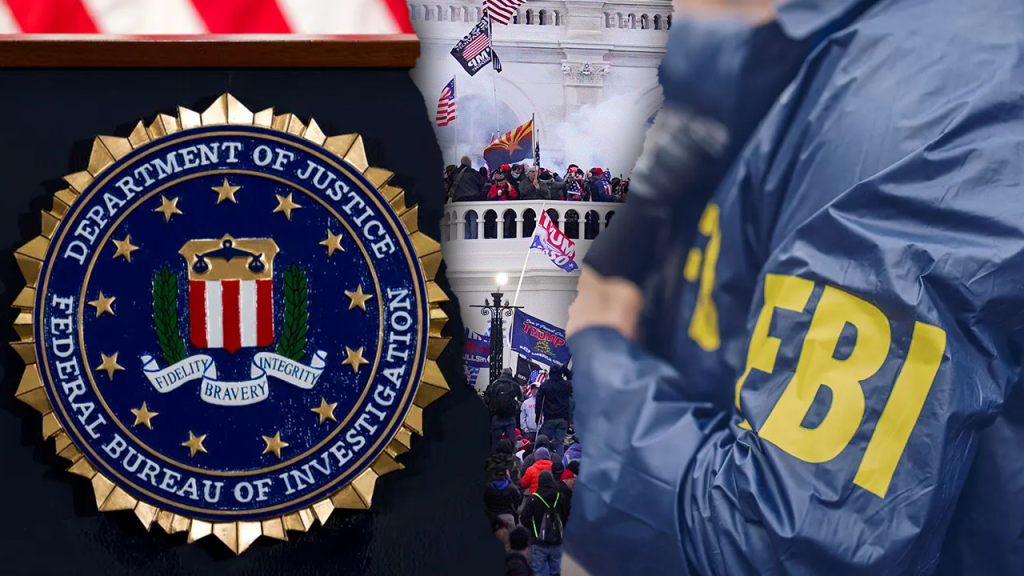The Federal Bureau of Investigation (FBI) is facing scrutiny and internal questioning regarding its investigation of the January 6, 2021, U.S. Capitol riots. A detailed questionnaire, reportedly sent to thousands of FBI employees, probes the extent of their involvement in the investigation, raising concerns about potential reprisals and the chilling effect such inquiries could have on the agency’s operations. This development comes amidst heightened political tension surrounding the FBI and its handling of politically sensitive investigations.
The questionnaire, revealed through a lawsuit filed by nine current FBI employees, delves into various aspects of agents’ participation in the January 6 investigation. It inquires about their involvement in grand jury subpoenas, collaboration with other field offices, and their roles as case agents. The scope of the questionnaire suggests a comprehensive review of the FBI’s internal processes and the actions of individual agents related to the investigation. The lawsuit itself alleges that the questionnaire is part of a larger effort to target and retaliate against agents involved in the January 6 investigation.
This internal scrutiny coincides with external pressures and criticisms directed at the FBI, particularly from former President Donald Trump and his supporters. Trump has repeatedly accused the FBI of being “corrupt” and has hinted at potential purges within the agency, raising concerns about politicization and interference with the FBI’s independence. While no concrete plans for widespread removals or punitive actions against agents have been confirmed, the atmosphere of uncertainty and potential retribution has understandably caused anxiety within the Bureau.
Former Justice Department officials have expressed apprehension that the questionnaire and any subsequent actions could discourage agents from pursuing sensitive investigations in the future, potentially hindering the FBI’s ability to uphold the law without fear or favor. The fear is that agents might hesitate to fully investigate politically charged cases, fearing potential repercussions based on the outcome or the political climate. This chilling effect could undermine the FBI’s effectiveness and compromise its integrity as an independent investigative body.
However, some within the FBI have urged caution and restraint, emphasizing the importance of due process and the existing safeguards within the agency. A retired FBI agent, speaking to Fox News, highlighted that the acting director and deputy director remain in place, suggesting a degree of stability and continuity within the leadership. This individual also underscored that the January 6 investigation and the involved personnel adhered to established FBI and Department of Justice guidelines, and that convictions related to the events were secured through due process in federal courts.
The situation within the FBI reflects a broader tension surrounding law enforcement and its role in politically charged investigations. The January 6 investigation, in particular, has become a focal point of political debate and contention. The FBI’s efforts to investigate and prosecute individuals involved in the Capitol riot have been met with resistance from some quarters, while others have praised the agency for upholding the rule of law. The questionnaire and the surrounding controversy underscore the challenges faced by law enforcement agencies in navigating politically sensitive investigations while maintaining their independence and integrity. The ongoing developments will likely continue to be closely scrutinized by both the public and lawmakers, as the implications for the future of the FBI and its ability to operate effectively in a politically charged environment remain significant.

